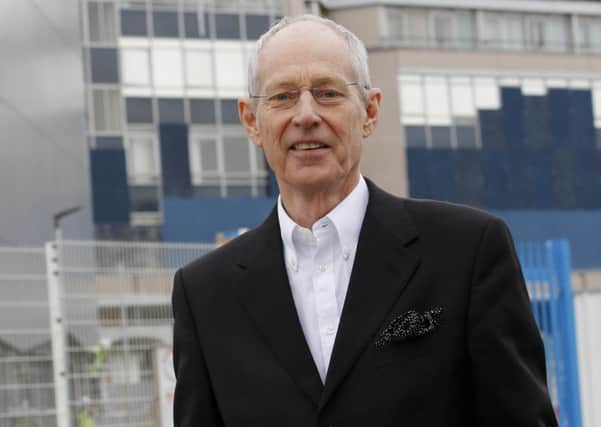Powers over buses to be given to mayors


The Queen’s Speech included plans for a new Buses Bill to give elected mayors and transport authorities “the power to improve bus services”.
But the Government said it would only give those areas with new-style elected metro mayors the right to control bus services through franchises as they are in the capital.
Advertisement
Hide AdAdvertisement
Hide AdChancellor George Osborne has been negotiating transfers of power from Whitehall to those areas of the country which agree to work together and have elected mayors.
So far South Yorkshire is the only part of the region to have agreed such a deal and the area’s new mayor will be elected next May.
That creates the prospect of councils and transport authorities across the remainder of Yorkshire having a weaker hand when it comes to organising local bus services.
Wakefield Council leader Peter Box, the Local Government Association’s spokesman on transport issues, said: “With government forecasts of an increase in traffic levels of up to 55 per cent by 2040, the ability for local areas to take responsibility for bus services through the option of franchising and greater access to buses data will help councils struggling to avoid gridlock on their roads and local people to access vital services.
Advertisement
Hide AdAdvertisement
Hide Ad“Franchising should be available to all local authorities who wish to improve bus services in towns, villages and rural areas that are poorly served at present. It should not depend on having a directly-elected mayor.”
Council leaders and transport authorities have been campaigning for many years for greater control over bus services in their areas.
Bus services were deregulated 30 years ago in the hope that opening them up to private companies and encouraging competition would drive up standards.
But transport authorities have complained that deregulation has allowed companies to pick the most lucrative routes and makes it difficult to integrate bus services with other forms of transport.
Advertisement
Hide AdAdvertisement
Hide AdThe last Labour government gave authorities the power to impose “quality bus contracts” on companies in a bid to address some of the problems.
But the legal process of imposing the contracts has proved so difficult that no area has succesfully introduced them with local authorities in the North-East last year failing in their attempt in what was seen as a landmark case.
In the capital, Transport for London awards contracts to bus companies to run services along particular routes and no company can run a services without its permission.
Referring to some of the other transport measures unveied in the Queen’s Speech, Stephen Joseph, chief executive of the Campaign for Better Transport said: “Autonomous vehicles and space ports are all well and good, but most people would prefer to see their everyday transport sorted out first: the Bus Services Bill will be a step in the right direction.
Advertisement
Hide AdAdvertisement
Hide Ad“The Bill will give local authorities which have agreed devolution deals, and maybe others, more power to plan and manage local bus services. This should help authorities tempt people out of their cars into buses in our cities, but it must also ensure people living in isolated, rural areas are not forgotten and that they also benefit. Over the last few years we have seen bus services badly hit by cuts to local authority budgets so additional powers in the Bus Services Bill must come with assurances over funding to deliver better services.”